Evidence Based Treatment For Conduct Disorder
Evidence based treatment for conduct disorder. The first stage of diagnosis uses any of the following evidence based assessments. Treatment for conduct disorder may include. Assessments that inform treatment.
Treatment Interventions for Conduct Disorder Cognitive behavioral therapy. Both PMT and CPSST have produced significant improvement for children similar to Evan. N2 - Using EBP two promising treatment approaches were identified for Evan and his family.
A child learns how to better solve problems communicate and handle stress. Treatment options for conduct disorder are family therapy behavioral modification and pharmacotherapy often in combination. The non-pharmacological treatment of a conduct disorder is to have the person involved in multisystem therapy taking place in the home which includes behavioral training for both parent and youth along with interpersonal skills.
Seven treatments with strong evidence in their behalf with children and adolescents are reviewed and include parent management training multisystemic therapy multidimensional treatment foster care cognitive problem-solving skills training anger control training functional family therapy and brief strategic family therapy. J Am Acad Child Adolesc Psychiatry. Randomized controlled pilot study of quetiapine in the treatment of adolescent conduct disorder.
Evidence-based practice EBP provides a useful framework for dealing with these issues. Patients exhibiting symptoms associated with conduct disorder present challenges in assessment and treatment. Oppositional defiant disorder closely related in the continuum of disruptive behavior disorders but may be distinguished by less physical aggression and less likely history of problems with the law.
CBT helps teens with conduct disorder examine dysfunctional thoughtbehavior patterns. MST is a family and community-based intervention method for. Evidence-Based Treatment for Conduct Disorder Family Therapy.
The difficulties are not only the complexities of correct identification and appropriate intervention but also that the knowledge is rapidly growing. The goal of having evidence-based models for clinical assessment of various presenting prob-lems is well-founded but a clear model remains elusive.
A specific type of family therapy called functional family therapy is often recommended for children or.
Patients exhibiting symptoms associated with conduct disorder present challenges in assessment and treatment. Considerable evidence supports the use of parent training techniques based on social and behavioral learning theory for youth with conduct disorder. Several family-based treatments of conduct disorder and delinquency in adolescents have emerged as evidence-based and in recent years have been transported to. A child learns how to better solve problems communicate and handle stress. Child Behavior Checklist CBCL Teacher Report Form TRF Youth Self-Report YSR. A significant main effect of treatment Cognitive Behaviour Therapy on participants mean level of conduct disorder Dependent Variable was evident F3 3464791p005Post treatment comparison outcome of pre and post -test indicates treatment was found to have contributed significantly to variations in participants conduct disorder scores. J Am Acad Child Adolesc Psychiatry. MST is a family and community-based intervention method for. Patients exhibiting symptoms associated with conduct disorder present challenges in assessment and treatment.
MST is a family and community-based intervention method for. Several family-based treatments of conduct disorder and delinquency in adolescents have emerged as evidence-based and in recent years have been transported to. It will also depend on how severe the condition is. Considerable evidence supports the use of parent training techniques based on social and behavioral learning theory for youth with conduct disorder. Connor DF McLaughlin TJ Jeffers-Terry M. A child learns how to better solve problems communicate and handle stress. Treatment Interventions for Conduct Disorder Cognitive behavioral therapy.












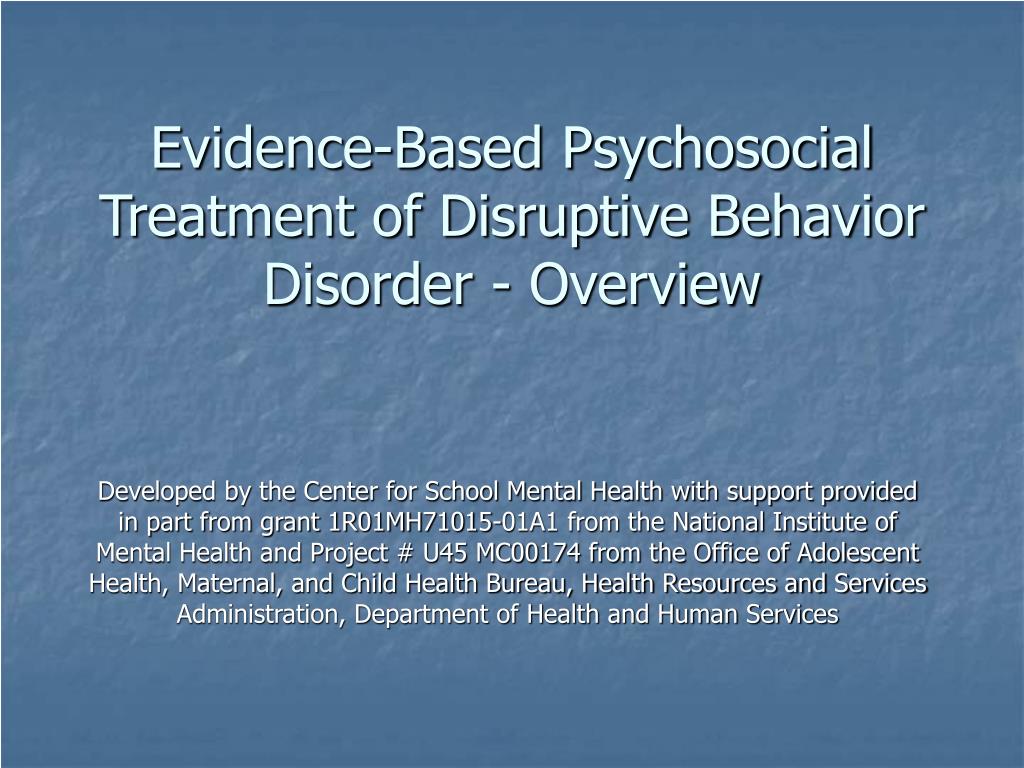




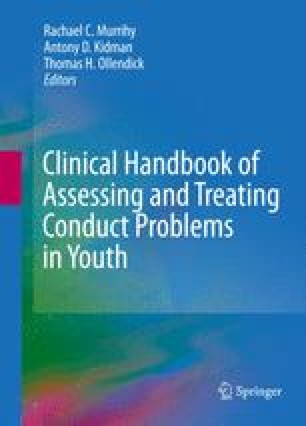


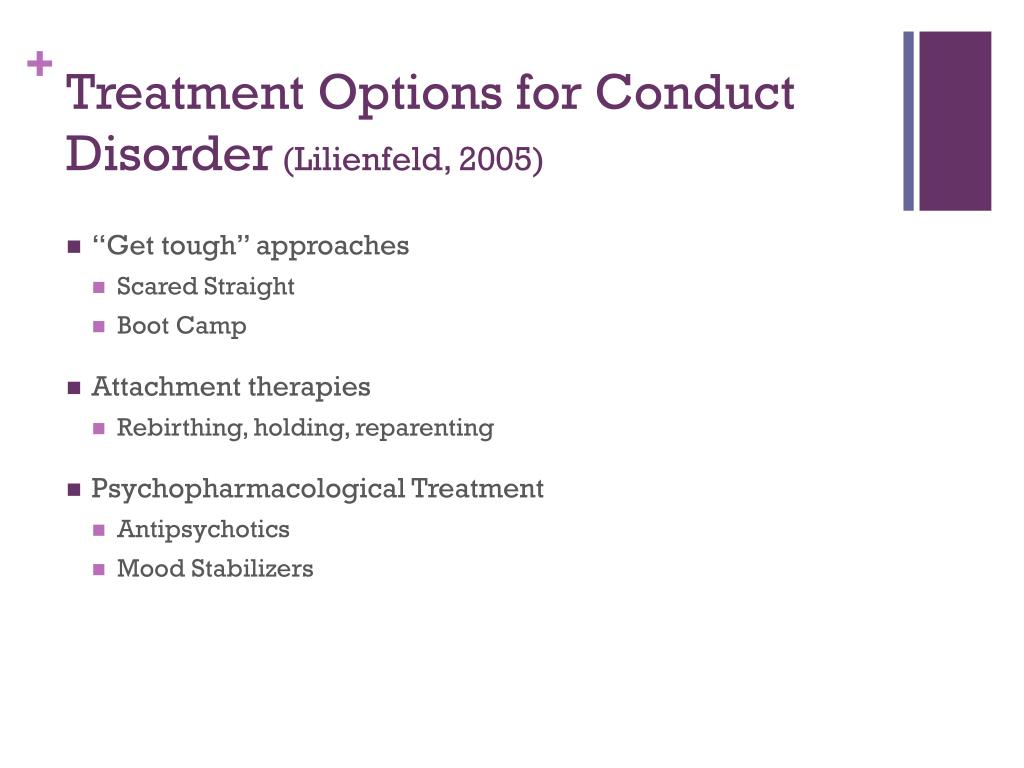




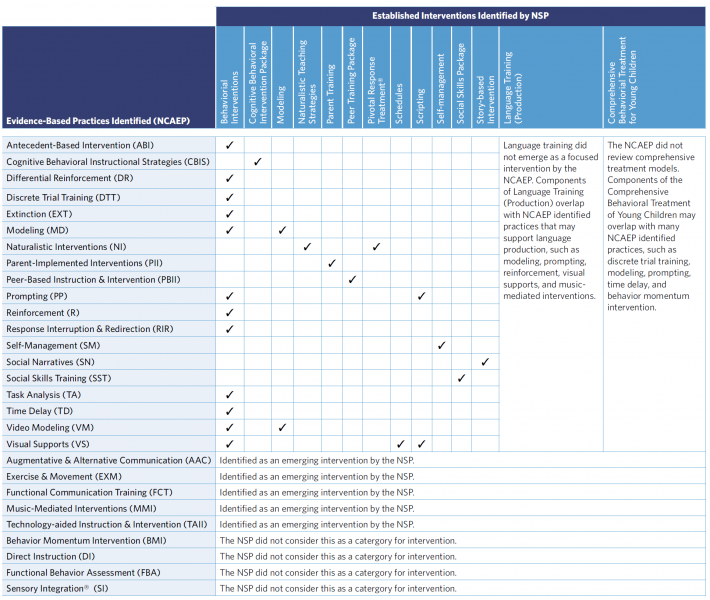





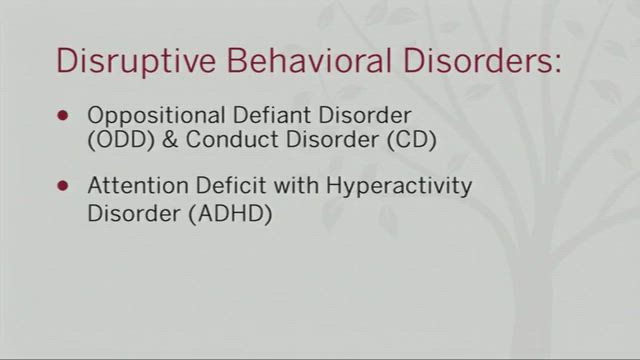
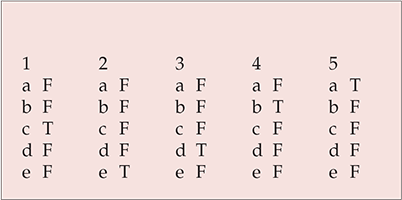





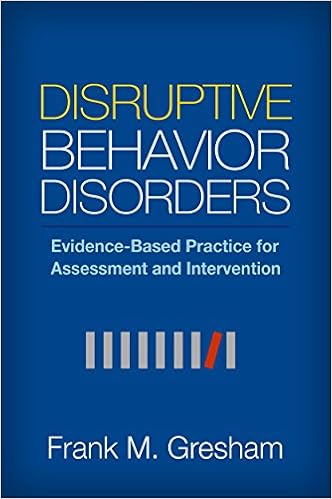

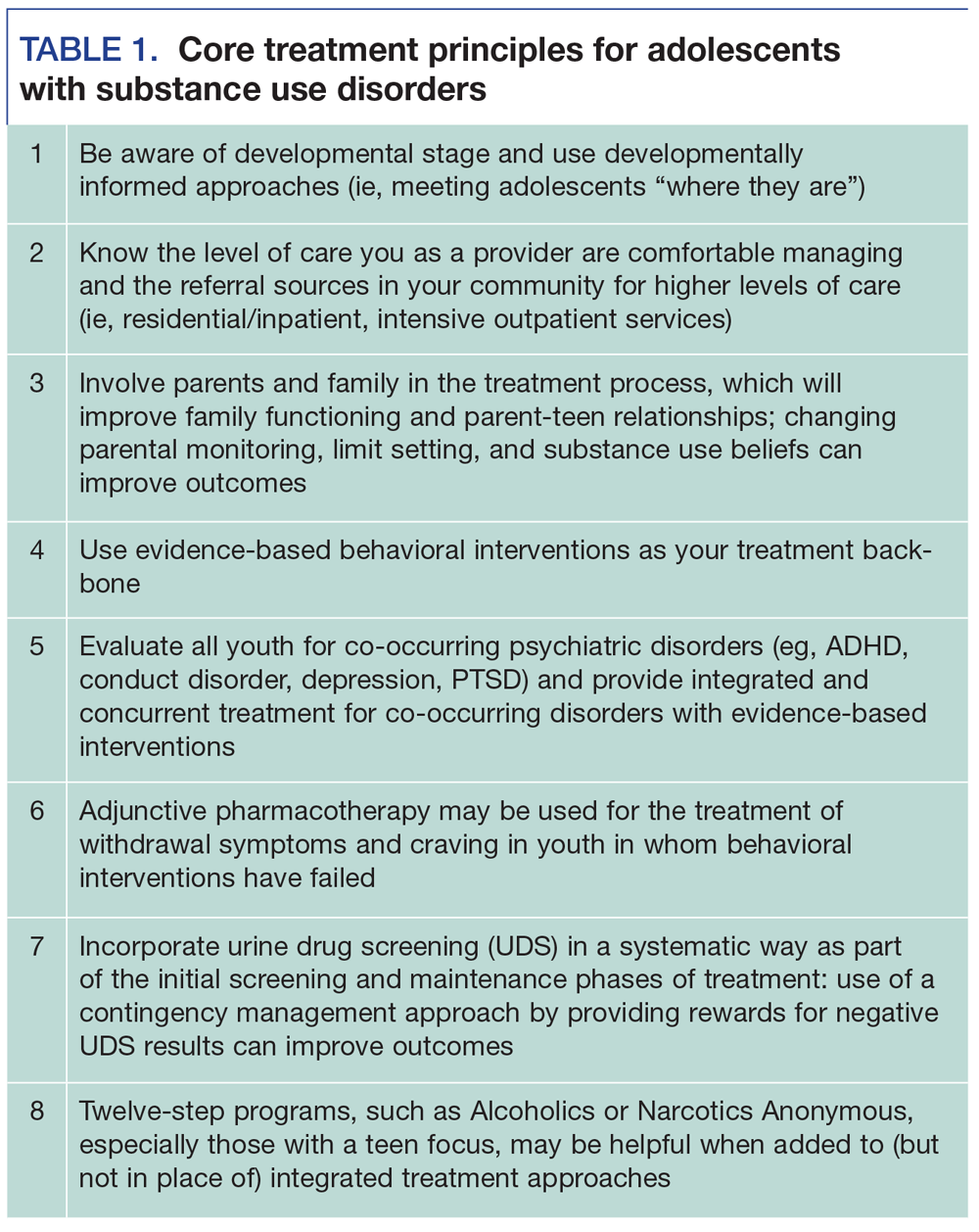


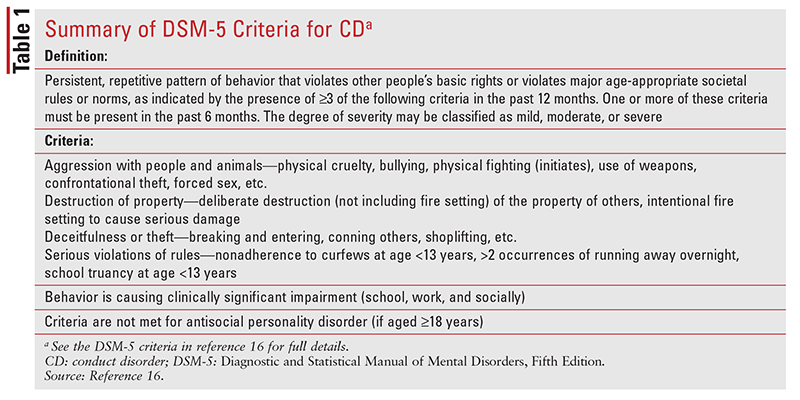
Post a Comment for "Evidence Based Treatment For Conduct Disorder"